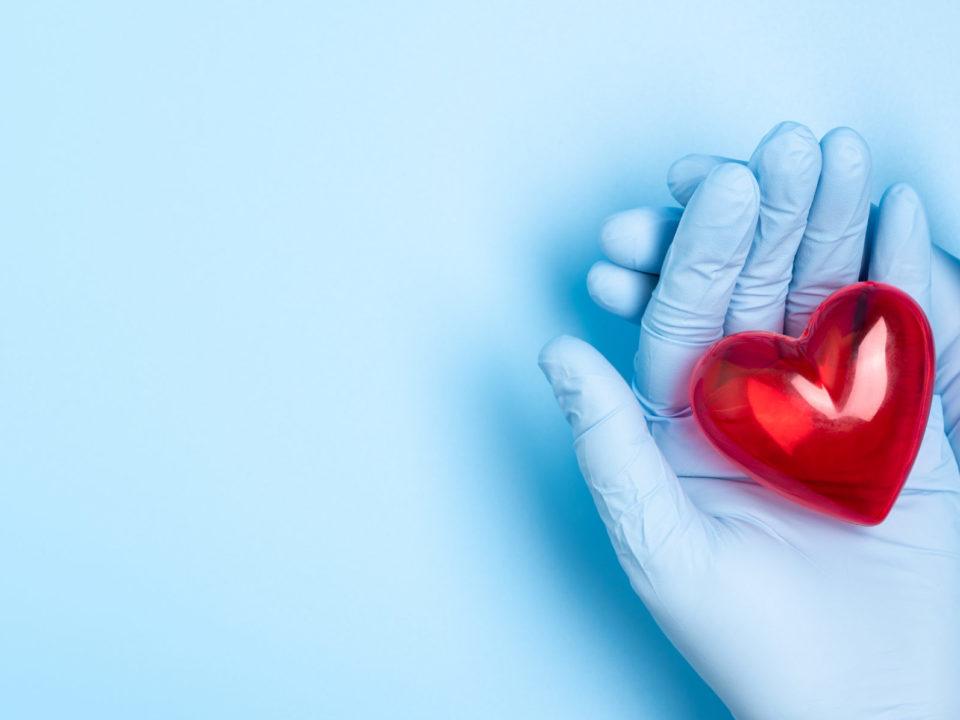What is Hypertension and How to Treat It
Hypertension, also referred to as high blood pressure, has barely noticeable symptoms but if untreated, it increases your risk of serious problems such as heart attacks and stroke. Many don’t even know that they have hypertension until they test for it.
What is hypertension?
Blood pressure is recorded with 2 numbers: systolic pressure (higher number) and diastolic pressure (lower number). Systolic pressure is the force at which your heart pumps blood throughout your body while diastolic pressure is the resistance to the blood flow in the blood vessels and both are measured in millimetres of mercury (mmHg).
Understanding blood pressure readings
A normal blood pressure reading is typically considered to be below 120/80mmHg. A high blood pressure reading is considered to be above 140/90mmHg. These readings vary with age and gender. Acceptable blood pressure readings also depends on if you have other co-existing medical problems.
However, blood pressure can vary from person to person so what is high for one individual may be normal for another.
Risks of hypertension
If blood pressure is too high, it puts a strain on the blood vessels, heart, and other vital organs, such as the brain and kidneys. High blood pressure can also increase the risk of other serious and potentially life-threatening health conditions, such as:
- Heart attacks
- Stroke
- Heart failure
- Peripheral vascular
- Aortic aneurysms
- Kidney disease
- Vascular dementia
This is why checking blood pressure is so important.
Risk factors for hypertension
- Being overweight
- Eating too much salt
- Not eating enough fruit and vegetables
- Lack of exercise or daily physical activity
- Drinking too much alcohol or caffeinated beverages
- Smoking
- Not getting sufficient sleep at night
- Being over the age of 65
- Hypertension running in the family
Making healthy lifestyle changes can help reduce the chances of developing hypertension and may lower already high blood pressure.
Treating hypertension
Treatment for hypertension usually includes healthy lifestyle changes and medication under the supervision of a medical professional. With the guidance of a doctor, a treatment plan best suited to you and your lifestyle can be created.
Lifestyle changes to reduce high blood pressure include:
- Eating a balanced diet and substituting less healthy foods for better ones
- Reducing salt intake
- Limiting the consumption of alcohol
- Weight loss if overweight
- Regular exercise
- Reducing caffeine consumption
- Quitting smoking
Bottom line
Some people with high blood pressure may also need to take prescription medications to control their blood pressure. The recommended medicines will depend on how high the blood pressure is, age, and other factors.
If any of the risk factors detailed above apply to you, we recommend seeing your doctor and seeking a diagnosis and professional advice.
For more information please contact Dr T Kathawaroo.
Discipline: Specialist Physician
Hospital: Ahmed Kathrada Private Hospital
Telephone: +27 870878492
Email: [email protected]
The lenmed Group is a world-class chain of Private Hospitals that brings quality healthcare to communities across Southern Africa.
Disclaimer: Any information contained here is merely a guideline. Always visit your healthcare practitioner for any health-related advice or diagnosis.
















